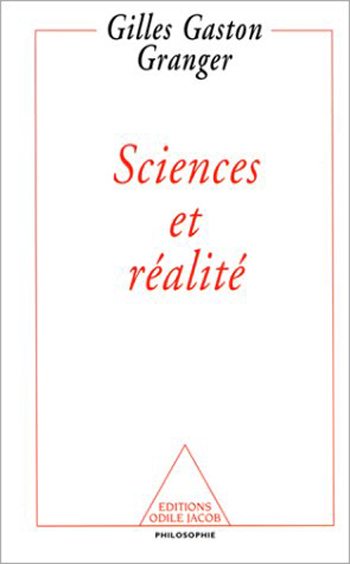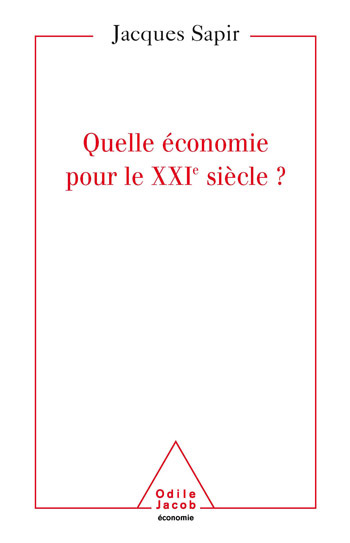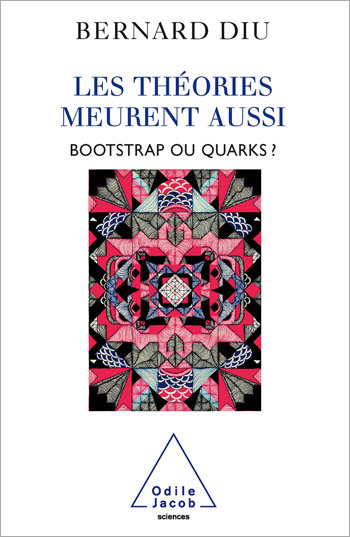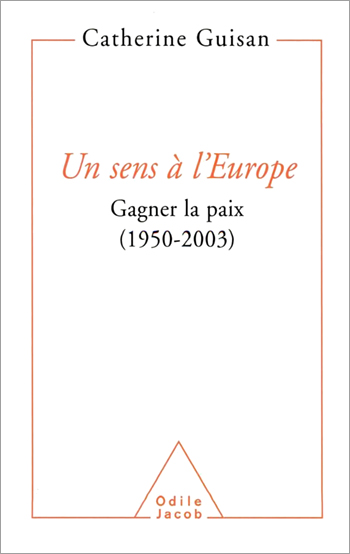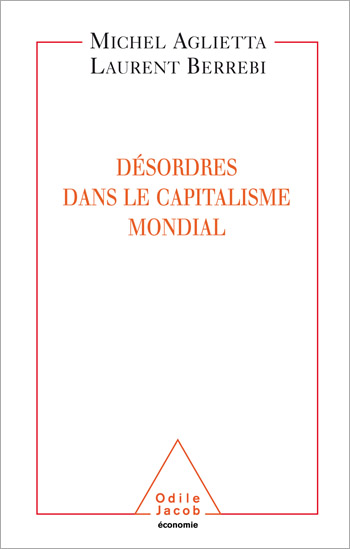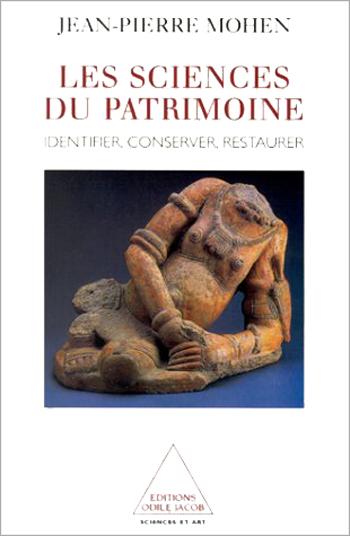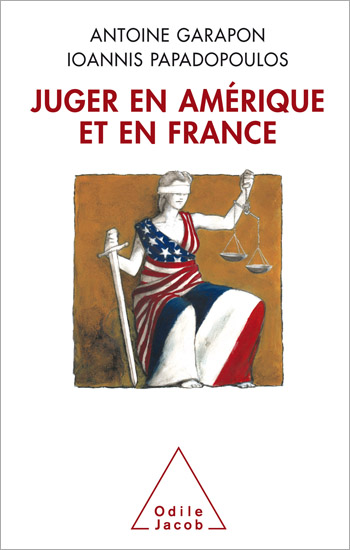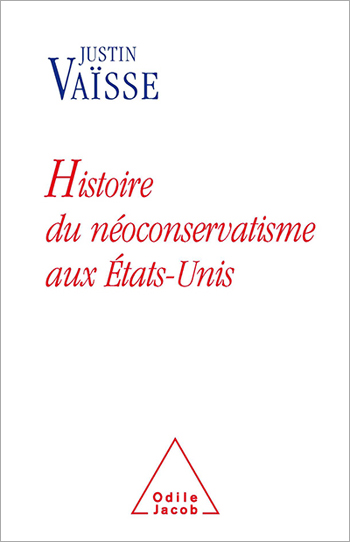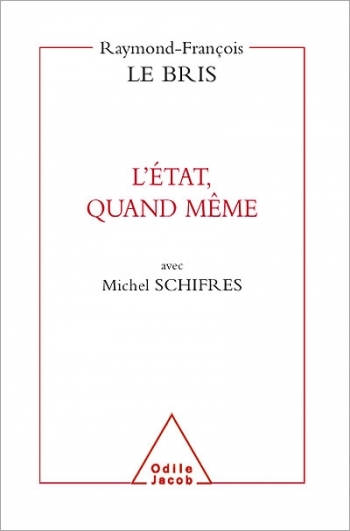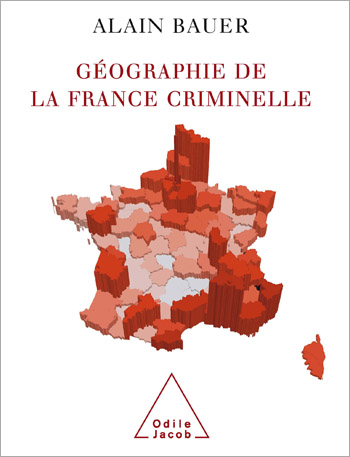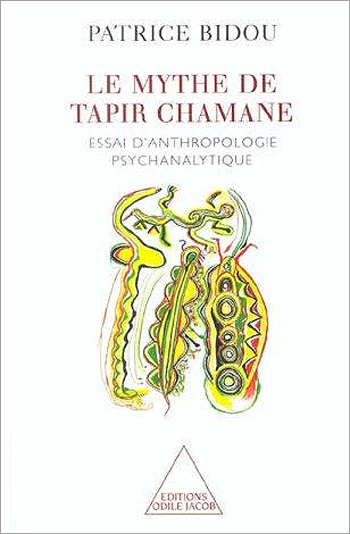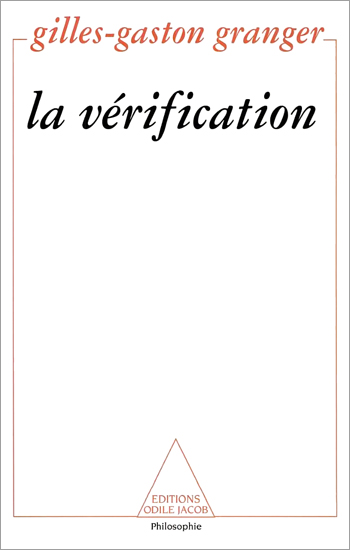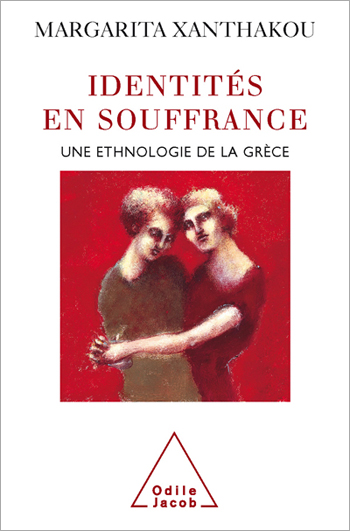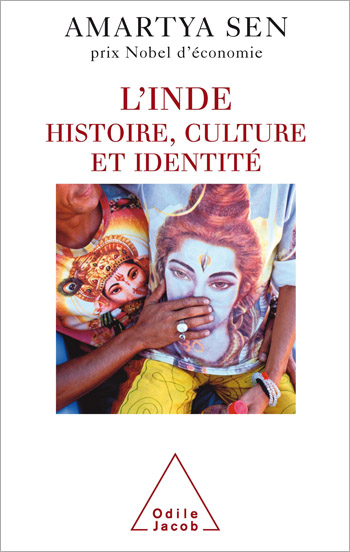Human Sciences All books
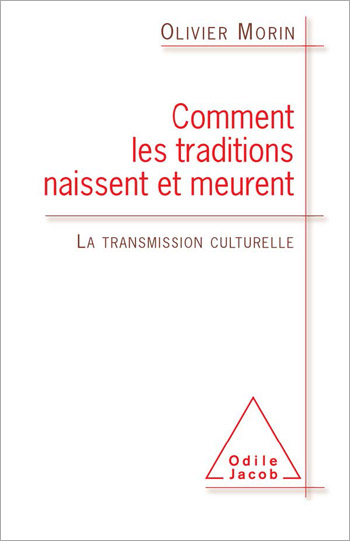
Olivier Morin
How Traditions Are Born And Die Cultural Trans
A new approach to how culture is transmitted that helps us understand the multicultural society in which we live
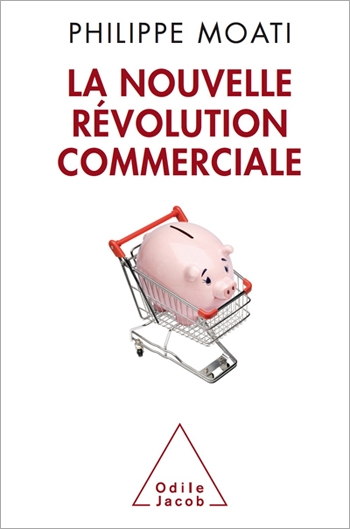
Philippe Moati
The New Marketing Revolution
Supermarkets are changing their selling tactics to focus increasingly on the customer — and in the process our daily habits are being transformed
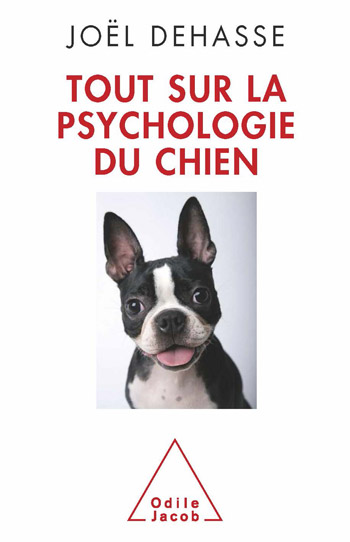
Joël Dehasse
Everything About Dog Psychology
Joël Dehasse’s programme combines in varying proportions the six major types of exercise that dogs need daily: feeding activities, motor activities, vocal activities, chewing activities, game playing, and intellectual activities.
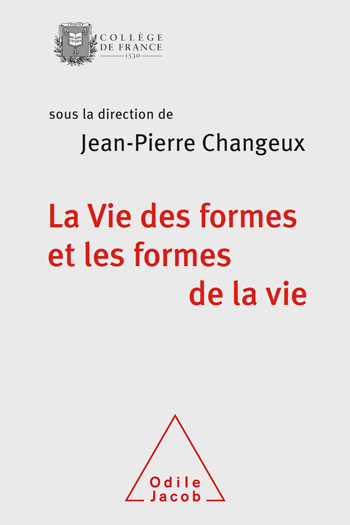
Jean-Pierre Changeux
The Life of Forms and the Forms of Life
Under the editorship of Jean-Pierre Changeux, a brilliant group of scientists and academics tackle the question of form
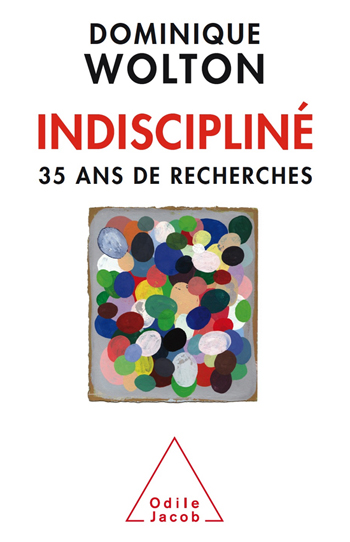
Dominique Wolton
Forms of Indiscipline
A brilliant, authoritative synthesis of Dominique Wolton’s thought and work
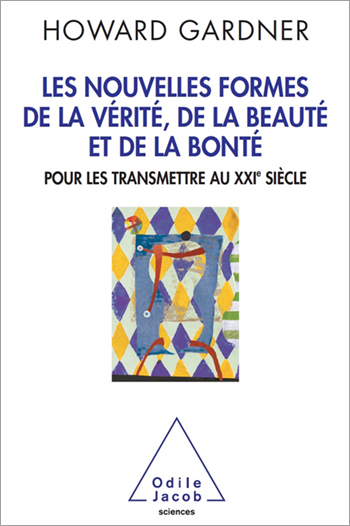
Howard Gardner
Truth, Beauty, and Goodness Reframed Educating for the Virtues in the Twenty-First Century
Truth, Beauty, and Goodness Reframed is an approachable primer on the foundations of ethics in the modern age.
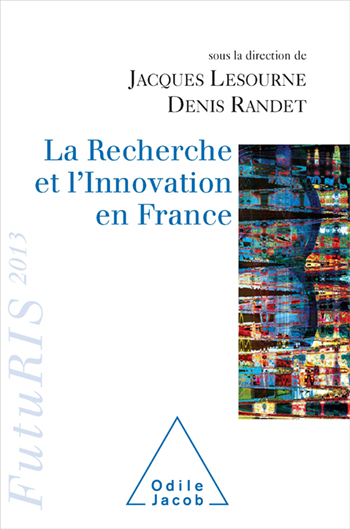
Jacques Lesourne, Denis Randet
The Research and Innovation in France FutuRIS 2013
The latest on research and innovation in France, described in the 2013 edition of FutuRIS’s annual opus
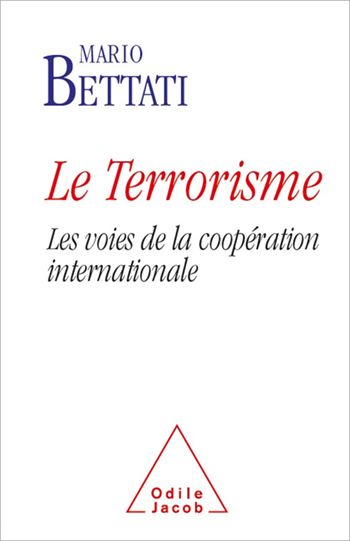
Mario Bettati
The International Struggle Against Terrorism
Terrorism and the anti-terrorist struggle appraised by an eminent European expert
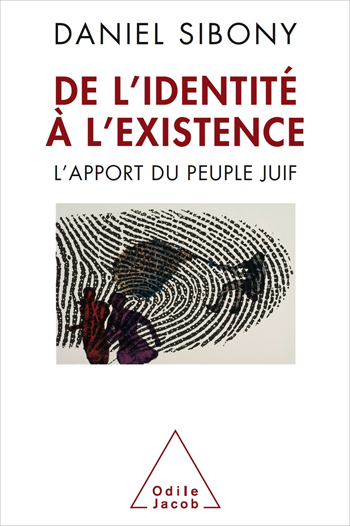
Daniel Sibony
From Identity to Existence The Jewish People’s Contribution
How the uniqueness of the Jewish people can help us all —Jews and non-Jews
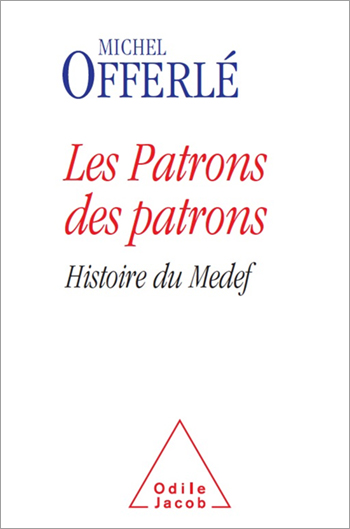
Michel Offerlé
A History of France’s MEDEF Employers’ Association
Organisation, power structure, lobbies, secrets: a history of the Movement of French Enterprises (MEDEF)
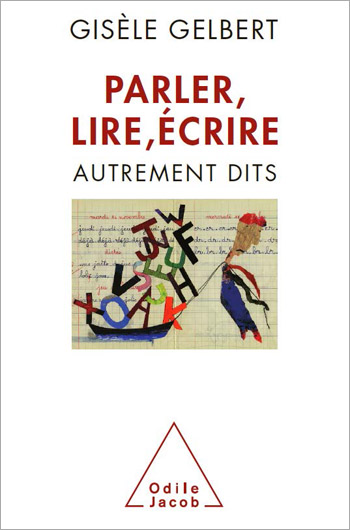
Gisèle Gelbert
Speaking, Reading, Writing In Other Words
A completely original approach to aphasic language disorders...
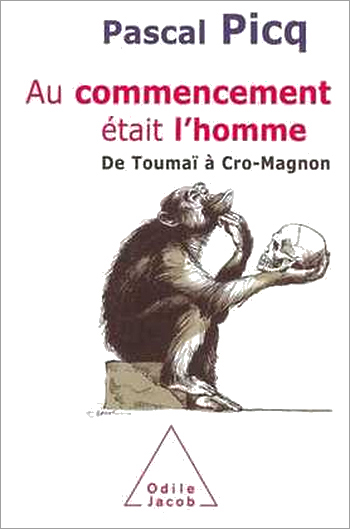
Pascal Picq
And at the Beginning there was Man...
In forty years, the genealogical tree of human evolution has grown so extensively that it now spans six million years. But fossils, the tree of evolution and the story they tell openly challenge all prevailing ideas about evolution; and though they have been shaken, these ideas have barely begun to change. In this book, Pascal Picq examines concrete, existing proof of our origins and then goes on to offer a new view of the human position in the evolutionary process. Pascal Picq is a senior lecturer in paleo-anthropology and prehistory at the Collège de France.
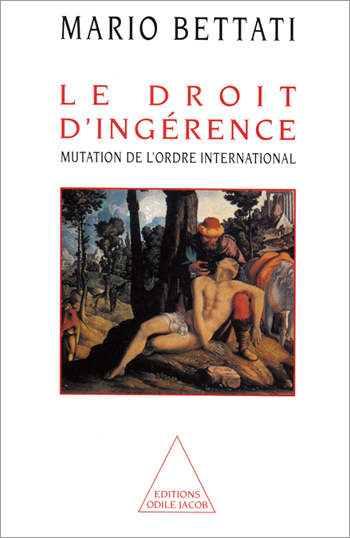
Mario Bettati
The Right of Interference Transformation of International Order
Inventor of the "right of interference", Mario Bettati, a professor of International Law, explains in this book the precise political circumstances and the legal context under which the right of humanitarian interference came about. This book is divided into four parts which follow both a chronological and a logical order. Beginning with interference as verbal denunciation, following with interference as medical assistance, he speaks of forced interference (Yugoslavia, Somalia and Rwanda) and finishes by dissuasive interference (courts for crimes against humanity and conflicts observatories). A thorough presentation of an important subject.
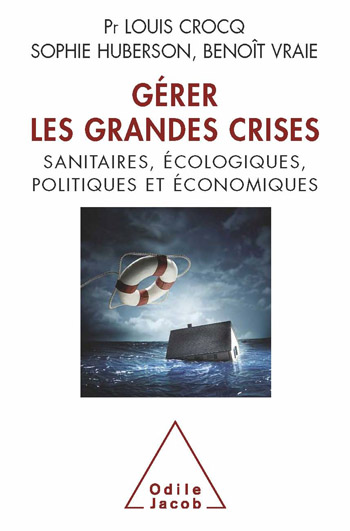
Louis Crocq, Sophie Huberson, Benoît Vraie
Managing Crises
In the existence of any group, business or nation, a crisis is a serious, uncommon event that suddenly imposes an emergency situation and the management of the vital issues at stake.
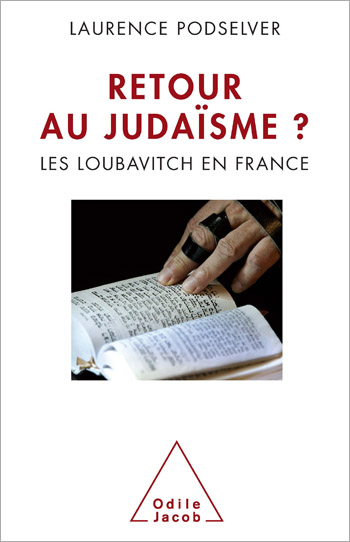
Laurence Podselver
Hasidism: The Jews of France in the Face of Fundamentalism
Based on years of study, this unusual anthropological study, helps us understand the individual itineraries that explain why so many Jews...
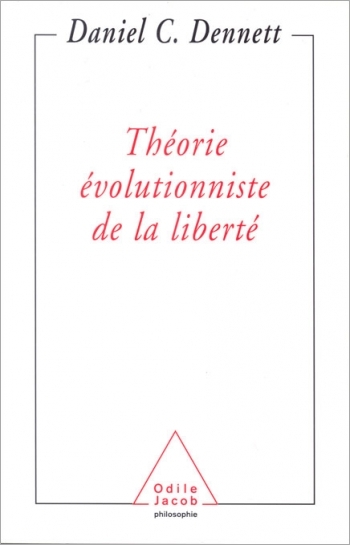
Daniel C. Dennett
Evolutionist theory of freedom
Billions of years ago, there was no freedom on earth, for the simple reason that there was no life. What forms of freedom have evolved since the first stirrings of life? Can freedom and free will exist in a deterministic universe? If we are free, are we responsible for our freedom, or is it governed by chance? Drawing on evolutionary biology and the cognitive sciences, Daniel Dennett provides a series of unorthodox replies to these traditional philosophical questions. It is generally held that what is determined is inevitable and that freedom can only exist in a non-deterministic universe. This is untrue, says Dennett. It is also held that in a pre-determined universe, we have no real choices: all we have is the illusion that we can choose. This too is false, argues Dennett. He then goes on to explain how, some day, we will be able to create robots endowed with free will. In this groundbreaking book, written in a striking, lively style, Dennett interweaves philosophical creativity with the latest scientific developments, and challenges a series of philosophical orthodoxies. Daniel C. Dennett is University Professor and Director of the Center for Cognitive Studies at Tufts University, Mass., U.S.A. He is the author of Consciousness Explained and Darwin's Dangerous Idea.
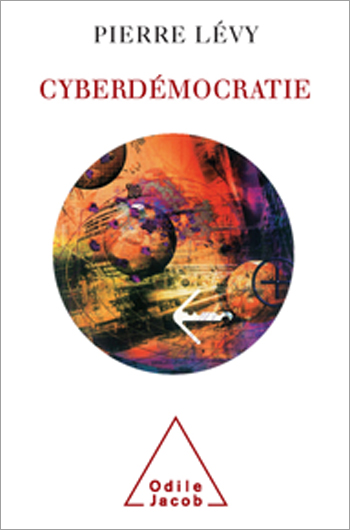
Pierre Lévy
Cyberdemocracy
This book offers a synthesis of the various ways in which the advent of the Internet has transformed daily life in democratic societies, both on a regional and international level," writes Pierre Lévy. This ambitious and down-to-earth analysis is well served by Pierre Lévys style and prophetic vision. He has taken into account the latest and most innovative developments, as well as the political changes brought about by the new information society. Pierre Lévy, a philosopher, teaches at the University of Quebec, in Trois Rivières. He is the author of Cyberculture and World Philosophy.

